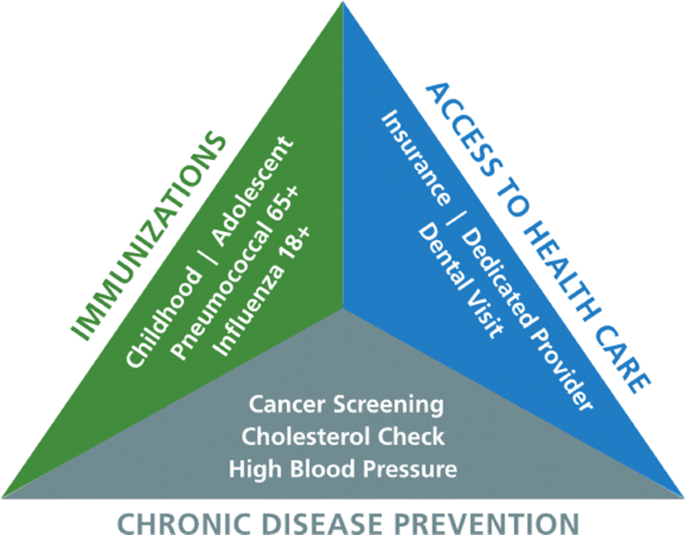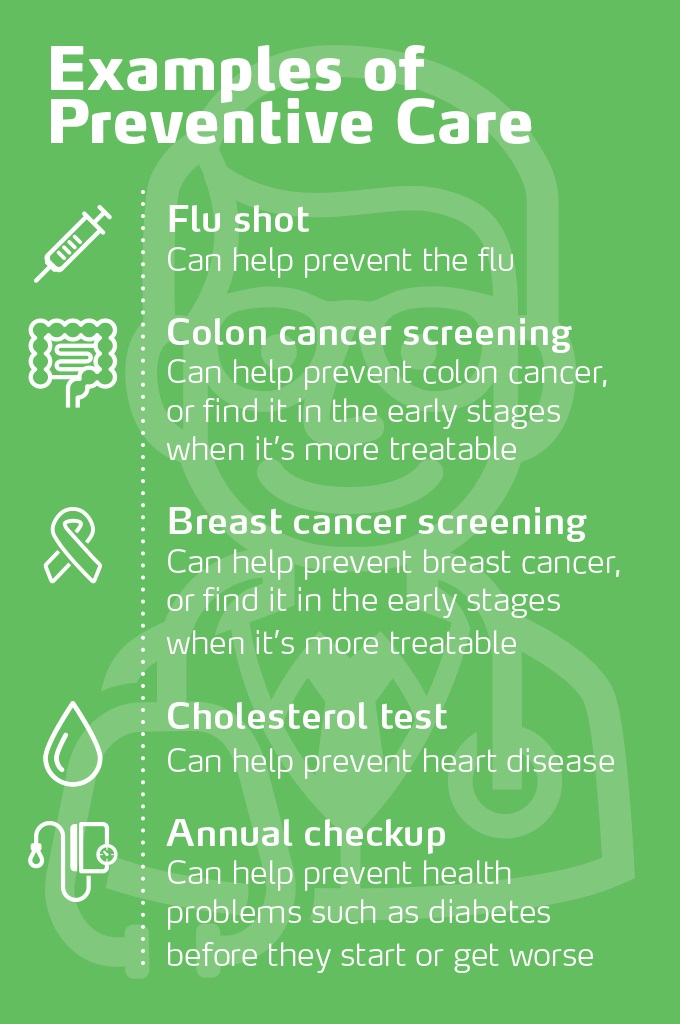Understanding Preventive Medicine: A Proactive Approach to Health
Preventive medicine isn’t about waiting for something to go wrong; it’s about actively working to keep it from happening in the first place. It’s a shift from reactive healthcare—treating illness after it arises—to proactive healthcare—preventing illness before it starts. This involves a combination of lifestyle choices, regular check-ups, and screenings designed to identify potential problems early on. It’s about empowering individuals to take control of their health and well-being.
The Power of Lifestyle Choices: Fueling Your Body Right
What you eat, how much you move, and even how you manage stress significantly impacts your overall health. A balanced diet rich in fruits, vegetables, whole grains, and lean protein provides the nutrients your body needs to function optimally. Regular physical activity strengthens your heart, improves your mood, and helps maintain a healthy weight. Managing stress through techniques like meditation, yoga, or spending time in nature can reduce your risk of chronic diseases. These seemingly small choices accumulate over time, profoundly affecting your long-term health.

Regular Check-ups: Catching Problems Early
Regular visits to your doctor are crucial for preventive care. These appointments allow for routine screenings, blood pressure and cholesterol checks, and discussions about your lifestyle and family history. Early detection of potential health problems, like high blood pressure or high cholesterol, allows for timely intervention, significantly reducing the risk of developing more serious conditions like heart disease or stroke. Don’t underestimate the value of these seemingly routine visits; they are an investment in your future health.
Screenings: Early Detection, Better Outcomes
Various screenings are available to detect diseases early, even before symptoms appear. These include mammograms for breast cancer, colonoscopies for colon cancer, Pap smears for cervical cancer, and prostate exams for prostate cancer. The effectiveness of these screenings is directly linked to early detection; catching these conditions early often leads to more successful treatment and better outcomes. Talk to your doctor about which screenings are appropriate for your age, gender, and family history.
Vaccinations: Protecting Yourself from Preventable Diseases
Vaccines are a powerful tool in preventive medicine. They protect you from various infectious diseases, some of which can have severe long-term consequences. Staying up-to-date on recommended vaccines, including flu shots, pneumonia vaccines, and shingles vaccines, is a crucial step in safeguarding your health. Vaccines not only protect you but also help protect the community by reducing the spread of infectious diseases.
Mental Health and Wellness: A Holistic Approach
Preventive medicine isn’t solely about physical health; it also encompasses mental and emotional well-being. Regularly engaging in stress-reducing activities, cultivating positive relationships, and seeking professional help when needed are all essential components of a healthy lifestyle. Ignoring mental health can have significant repercussions on physical health, highlighting the interconnectedness of mind and body. Prioritizing your mental wellness is just as important as prioritizing your physical wellness.
Genetic Testing and Personalized Prevention
Advances in genetic testing are providing individuals with more personalized approaches to preventive medicine. By understanding your genetic predispositions, you and your doctor can work together to develop a tailored plan to mitigate potential risks. This may involve lifestyle modifications, increased surveillance for certain conditions, or even preventative medications. Genetic testing empowers you to make informed choices about your health based on your unique genetic profile.
Making Informed Choices: Partnering with Your Healthcare Provider
Ultimately, preventive medicine is a collaborative effort between you and your healthcare provider. Open communication and a shared understanding of your health goals are crucial for developing a successful preventive care plan. Don’t hesitate to ask questions, express concerns, and actively participate in decisions regarding your health. Your health is your responsibility, and taking a proactive role in your care is the best investment you can make.
The Long-Term Benefits of Prevention
While preventive medicine requires effort and commitment, the long-term benefits are undeniable. By prioritizing your health through lifestyle changes, regular check-ups, and screenings, you can significantly reduce your risk of developing chronic diseases, improve your quality of life, and enjoy a longer, healthier life. It’s an investment in your future self – a future you have the power to shape. Read more about what is preventive medicine.

